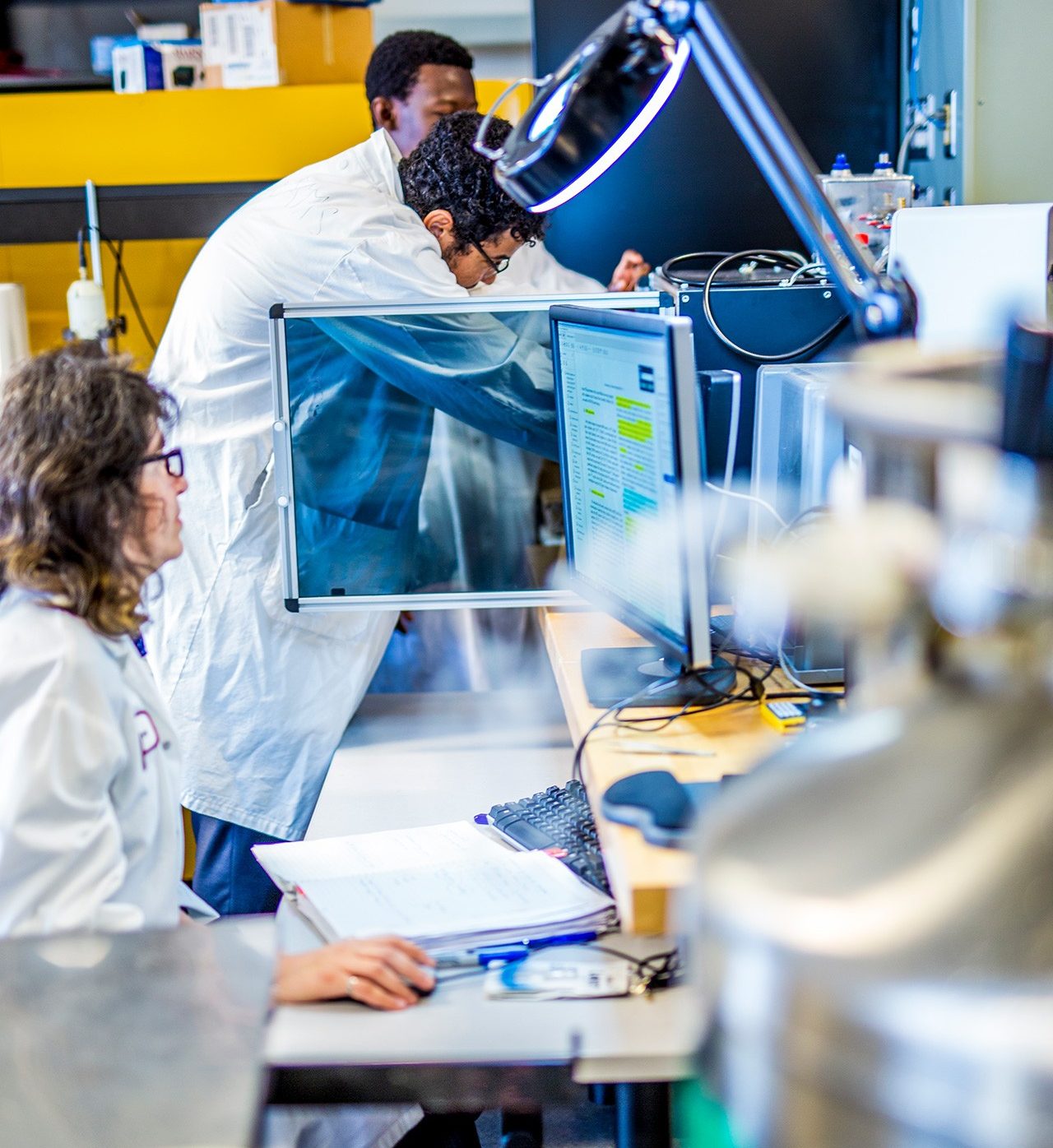Individualized Program
The Individualized Program (INDI) supports research initiatives that fall outside of normal disciplinary boundaries of research and creation, at both the master’s and doctoral levels. INDI students develop and engage in unique, meaningful, and self-directed research that would not otherwise be available through existing graduate programs.
Program highlights
- Design a program that captures your unique combination of interests
- Cut across academic boundaries and engage with multiple disciplines
- Work with a Supervisory Committee that includes faculty from multiple departments
- Be part of a cohort of exceptional graduate students

Faculty research
Our students engage in individualized research initiatives supported by an integrated program of study drawing on the various resources available at the University either within a Faculty or across Faculties.

Supervisory committee
Your approved supervisors will constitute the supervisory committee. One member of the committee is designated Principal Supervisor and chair of the committee.
- For the master’s degree two committee members must be tenured or tenure track faculty members at Concordia University.
- For the doctoral degree three must be tenured or tenure track faculty members at Concordia University.
Program director

Felice Yuen is an Associate Professor in the Department of Applied Human Sciences and Director of the Individualized Program (INDI). Broadly, her research encompasses healing, social justice, leisure, and community development.
Dr. Yuen's research practice is grounded in critical and participatory methodologies. Arts-based approaches (e.g., body mapping, collage, Sketchnotes, storytelling, poetry) are an integral part of her collaboration with communities and advocacy work. For over two decades, the heart of her research resides with Indigenous women who have experience with the criminal justice system. Her current research addresses the experiences and needs of Indigenous women in Quebec provincial prison. Details related to the process, findings, and recommendations of this SSHRC-funded project can be found here: collective-healing.net.
She holds a PhD in Leisure Studies from the University of Waterloo (Ontario, Canada).
Lachine Canal studio
A dedicated space to support graduate students in Concordia’s HUMA and INDI programs
Self-directed research initiatives for new terrains of scholarship






